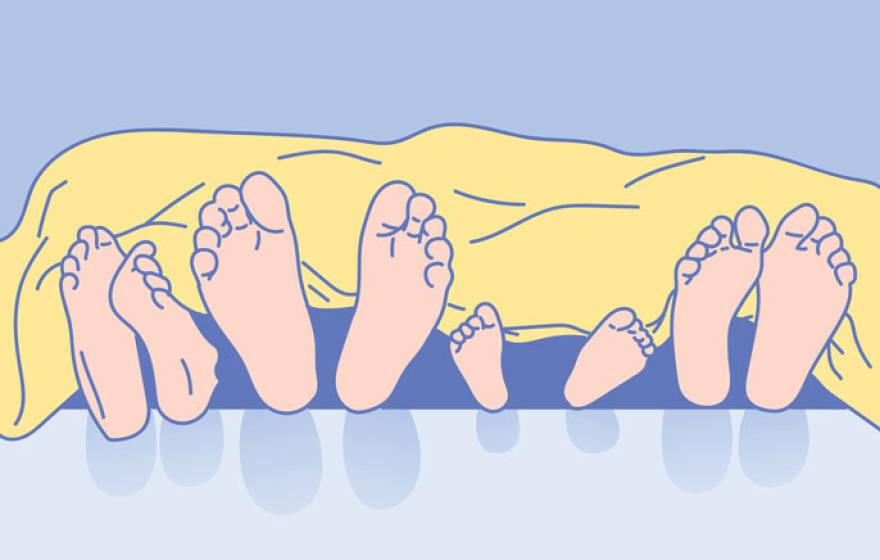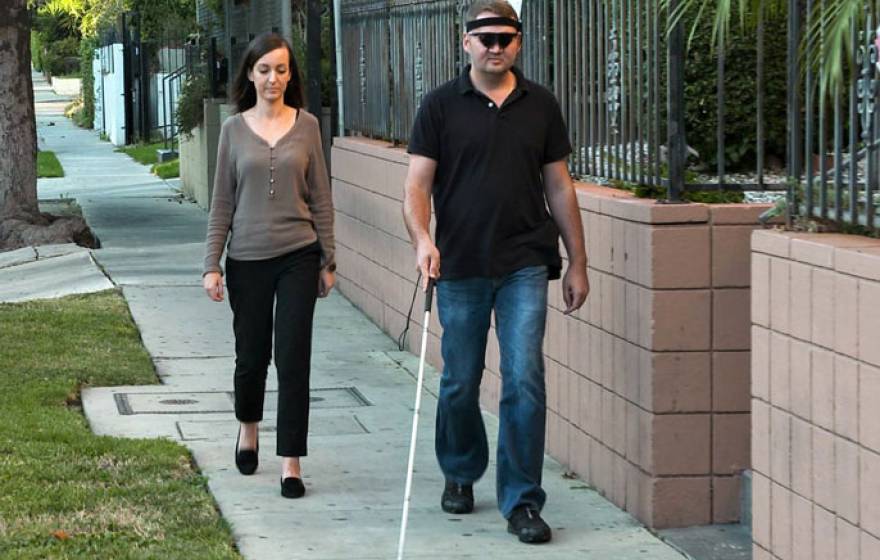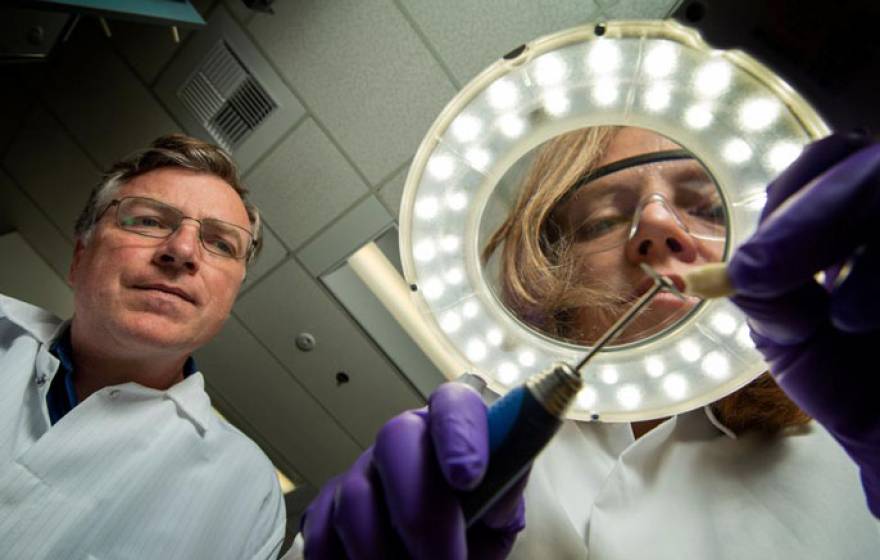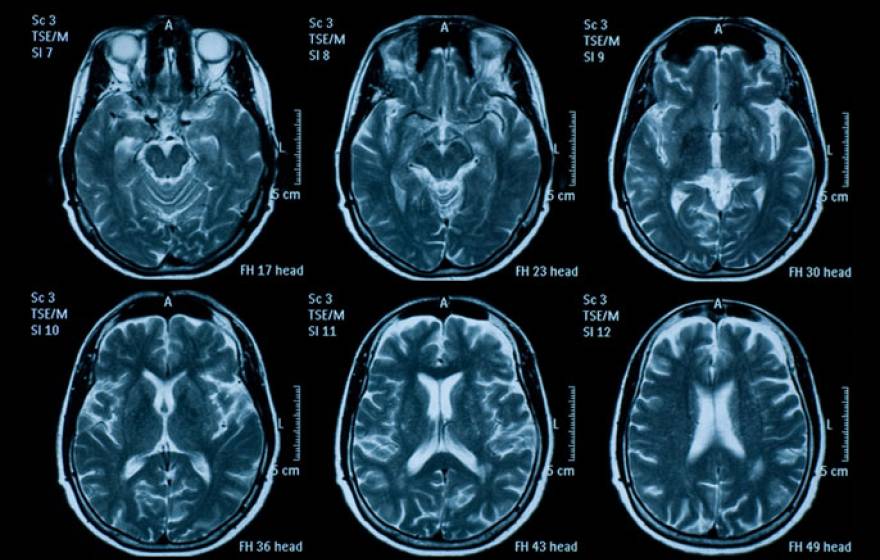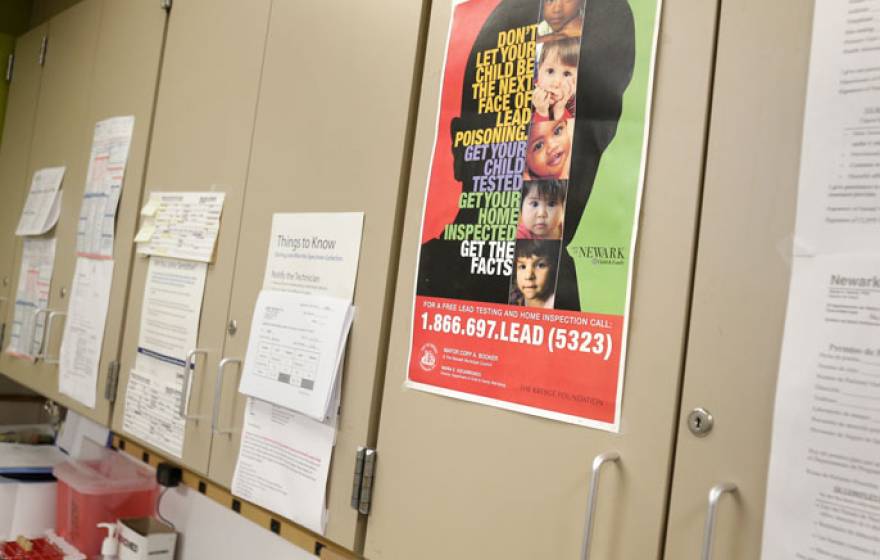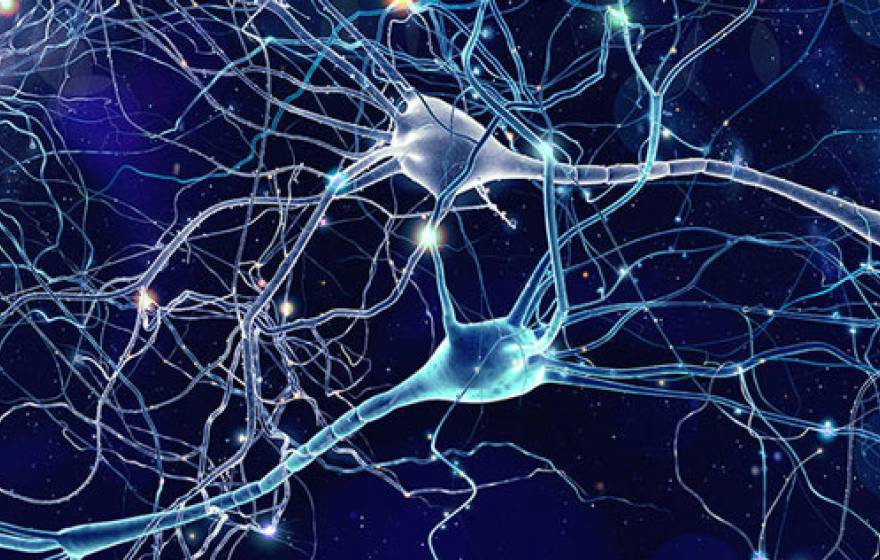A wave of activism has been building for decades, and adults should pay attention, says professor Jessica Taft.
Youth activism is on the rise
Nominations sought for ‘once-in-a-lifetime’ Nobel laureate meetings fellowship
The University of California’s Office of the President and the Office of the Chief Investment Officer are seeking applicants from UC students and postdoctoral fellows to attend an invitation-only week of lectures and small seminars with Nobel laureates in Lindau, Germany.
The bizarre social history of beds
Today beds are synonymous with privacy. But they were once where travelers hunkered down with complete strangers.
Brain implant restores visual perception to the blind
People without sight can detect motion, distinguish light and dark with a new wireless device.
Advice for introverts: fake it, and you'll be happier
Research suggests the happiest introverts may be extraverts.
Where DNA falls short in cracking crimes, scientists can use this new tool
Crime buffs know DNA has transformed forensics, but isn't always good enough. That's where proteomics comes in.
Medical scanning rates continue to rise despite health risks
CT scans deliver far higher doses of radiation than traditional X-rays, a factor patients should consider, researchers say.
New hope for people who stutter
A new clinical trial shows the medication ecopipam shortened stuttering episodes and increased speech fluency.
Plants are going extinct up to 350 times faster than the historical norm
Human-driven land clearing and climate change are risking a devastating biodiversity crash.
How to address America’s lead crisis and provide safe drinking water for all
Newark is the latest U.S. city to struggle with high lead levels in drinking water. We can end this crisis.
An alternate theory for what causes Alzheimer's disease
A unique neurological signature not previously identified in patients may provide a path to new, more successful trials.
Unmasking concussion with a simple blood test
A blood test that costs a fraction of the price of a brain scan may flag concussion in patients that pass CT tests.

